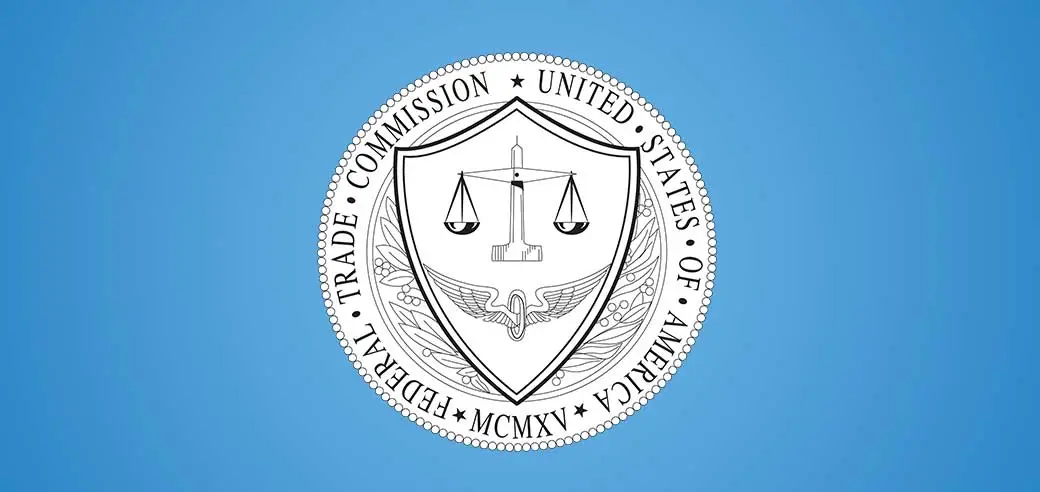
Believe it or not, many people, including some in the Web Design industry, are understandably confused about this very issue.
First, let it be known that we are not lawyers, nor are we giving you legal advice. If you would like legal guidance regarding whether or not your website should post a privacy policy, you should consult with a lawyer, whose expertise is in this area.
That said, it is our understanding that while there does not appear to be a federal law that explicitly requires websites to post a privacy policy, if your website lacks a posted privacy policy, you may still run afoul under the Federal Trade Commission Act of 1914. How?
Federal Trade Commission Act of 1914

Section 5 of the Federal Trade Commission Act forbids any unfair or deceptive marketing practices in commerce. Thus, even though the FTC does not explicitly regulate privacy in commerce, if it has been determined that your website has not made it clear to your website visitors, how you intend to share information that personally identifies them after you have collected it from them, this could be considered a deceptive marketing practice.
Yes, you read that right. Even if you have determined that you are not legally required to post a privacy policy, the absence of a posted privacy policy itself could be interpreted as a deceptive marketing practice, thereby violating Section 5 of the Federal Trade Commission Act.
What is a Privacy Policy?

A privacy policy contains information that explains how the website of a person, company or any other entity, gathers, utilizes, shares with third parties and secures, the uniquely, identifiable information of its visitors and/or customers. Thus, the point of a privacy policy is to provide transparency, enhance trust and accountability as it pertains to the handling of a website visitor’s personal information.
But, I Don’t Collect Information from my Website Visitors, Do I?

If your website contains any type of online form (i.e. Contact Form, Price Quote Form, Appointment Request, Online Reservation, eCommerce Checkout Form, etc.), then you would be collecting personal information from your website visitors. Moreover, if you are using any kind of analytics tracking, such as Google Analytics, then you would also be receiving information about your visitors.
Even if you do not utilize any type of visitor tracking, or online forms, it is still a good idea to provide website visitors access to your private policy.
How Do I Create a Website Privacy Policy?

You may want to consult with an attorney experienced in this type of legal issue and how to comply with any local or federal legal requirements.
Alternatively, some website owners will use free online resources to create a website policy. Whether you have an attorney write your website’s privacy policy or you use a free privacy policy template available online, only you can decide which is best for you.
How to Implement a Website Privacy Policy

Generally, many websites incorporate their privacy policy by creating a Privacy page and linking to it from the “footer” of their website pages. The footer is the bottom section that usually contains the copyright notification and appears on every page of a website.